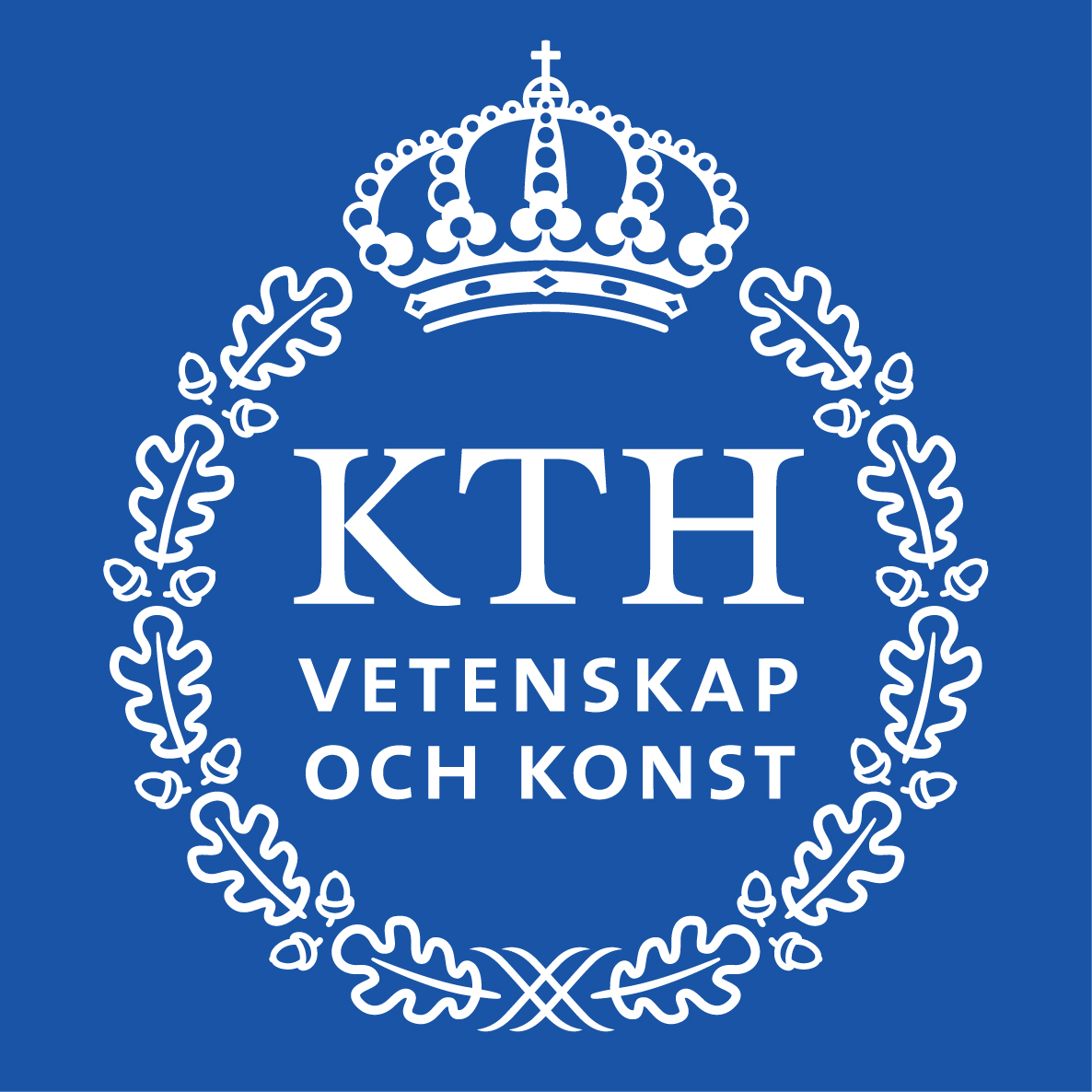All lectures will be in the Seminar Room 4303 at Teknikringen 8D, 1st floor on KTH in Stockholm, and online in Zoom (https://kth-se.zoom.us/j/63123284936) except where otherwise stated.
Week 35 2022
Monday 29 August 13:15-15:00
Lecture 0 - Introduction to the course. Fibers and fiber network materials.
Artem Kulachenko
Wednesday 31 August 08:15-10:00
Lecture 1 - Paper as an engineering material - Papermaking and tensile testing
Sören Östlund
Week 36 2022
Tuesday 6 September 13:15-15:00
Lecture 2 - Paper as an engineering material - In-plane and ZD testing
Sören Östlund
Wednesday 7 September 08:15-10:00
Lecture 3 - Package performance. Part 1
Sören Östlund
Week 38 2022
Monday 19 September 13:15-15:00
Lecture 4 - Behavior of corners in paperboard boxes
Mikael Nygårds
Tuesday 20 September 13:15-15:00
Lecture 5 - Package performance. Part 2
Sören Östlund
Week 39 2022
Monday 26 September 13:15-17:00 or Tuesday 27 September 08:00-12:00
Laboratory 1
Room: Solid Mechanics Laboratory, Teknikringen 8D, 1st floor
Week 40 2022
Monday 3 October 13:15-15:00
Lecture 6 - Paper handling systems
Artem Kulachenko
Tuesday 11 October 13:15-15:00
Lecture 7 - Fracture properties. Part 1
Sören Östlund
Week 41 2022
Tuesday 4 October 13:15-15:00
Lecture 8 - Statistical aspects of failure of paper product
Artem Kulachenko
Week 44 2022
Monday 31 October 15:15-17:00
Lecture 9 - Fracture properties. Part 2
Sören Östlund
Wednesday 2 November 15:15-17:00
Lecture 10 - Moisture-induced deformatiWednesday. Part 1
Artem Kulachenko
Friday 4 November 13:15-15:00
Lecture 11 - Moisture-induced deformatiWednesday. Part 2
Artem Kulachenko
Week 45 2022
Monday 7 November 16:15-18:00
Lecture 12 - Time-dependent phenomena and environmental considerations. Part 1
Sören Östlund
Wednesday 9 November 16:15-18:00
Lecture 13 - Time-dependent phenomena and environmental considerations. Part 2
Sören Östlund
Week 46 2022
Monday 14 November 13:15-17:00 or Tuesday 15 November 13:00-17:00
Laboratory 2
Room: Solid Mechanics Laboratory, Teknikringen 8D, 1st floor
Week 47 2022
Monday 21 November 15:15-17:00
Lecture 14 - Nip mechanics
Artem Kulachenko
Friday 25 November 13:15-15:00
Lecture 15 - Network mechanics. Part 1
Artem Kulachenko
Week 48 2022
Friday 2 December 13:15-15:00
Lecture 16 - Network mechanics. Part 2
Artem Kulachenko
Week 49 2022
Tuesday 6 December 13:15-17:00
Computer Laboratory 3
Room: Solid Mechanics – Track room, Teknikringen 8D, grund floor
Friday 9 December 13:15-17:00
Computer Laboratory 3
Room: Solid Mechanics – Track room, Teknikringen 8D, grund floor
Week 50 2022
Wednesday 14 December 15:15-17:00
Seminar
Friday 16 December 13:15-15:00
Lecture 17 - Network mechanics. Part 3. Overview of the course.
Artem Kulachenko


